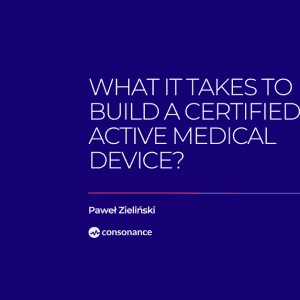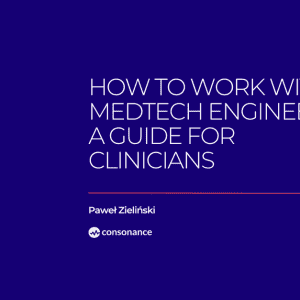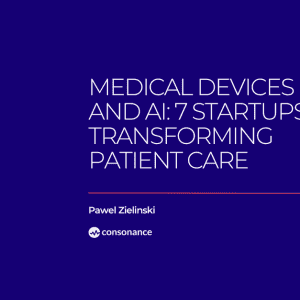The Definitive Guide to Medical Device Feasibility Study

Welcome to a journey of exploration and innovation! In the realm of product development, particularly in the intricate landscape of technology and healthcare, a critical phase stands as the vanguard of success – the Technical Feasibility Study.
In this blog post, we delve into the significance and nuances of conducting a technical feasibility study, unraveling the pivotal role it plays in shaping the trajectory of groundbreaking projects. Join us as we navigate the intricacies of this indispensable process, unlocking insights into how it paves the way for informed decisions, mitigates risks, and lays the groundwork for turning visionary ideas into tangible, successful realities. Whether you’re a seasoned professional or an aspiring entrepreneur, this exploration into the world of technical feasibility studies promises to illuminate and inspire your path towards innovation and achievement.
The Importance of a Medical Device Feasibility Study
Feasibility Studies in MedTech, especially for startups, are a crucial step that can significantly impact their success and longevity in the competitive healthcare industry. Here are several reasons why MedTech founders, engineers, doctors should prioritize and conduct thorough technical feasibility study to safely move to R&D project with entrusted vendor.
Validation of Technology Viability
Technical Feasibility Study helps validate the viability of the technology underlying the MedTech startup. This process involves a comprehensive assessment of the technology’s functionality, reliability, and scalability. It ensures that the technology is not only innovative but also feasible for practical application.
Identification of Potential Risks
Startups often face technical risks related to the development, implementation, and scalability of their technology. Technical due diligence allows for the identification and evaluation of potential risks, such as technological dependencies, regulatory compliance challenges, and intellectual property issues. Addressing these risks early on can prevent future setbacks.
Evaluation of Regulatory Compliance
Compliance with regulatory requirements is paramount in the healthcare industry. Technical due diligence includes an assessment of the startup’s adherence to relevant regulations and standards. Ensuring compliance early in the development process can save time and resources in the long run and increases the likelihood of successful regulatory approvals.
Scalability and Adaptability
As a startup grows, its technology needs to scale and adapt to evolving market demands. Technical due diligence evaluates the scalability of the technology infrastructure and its ability to accommodate future enhancements or modifications. This is crucial for startups planning to expand their product offerings or enter new markets.
Enhanced Credibility with Investors
Investors, whether venture capitalists or strategic partners, conduct due diligence before committing funds. A thorough technical due diligence process demonstrates transparency, competence, and a commitment to mitigating risks. This, in turn, enhances the startup’s credibility and attractiveness to potential investors.
Mitigation of Post-Investment Surprises:
By conducting technical feasibility study upfront, startups can identify and address potential issues before they become significant problems post-investment. This proactive approach minimizes the likelihood of unforeseen challenges emerging after financial commitments have been made.
How a Proper MedTech Feasibility Study Should Look Like?
Check, how MedTech experts at Consonance work on a medical device to define a future medical product.
This comprehensive report signifies the commencement of a transformative voyage, representing the initial strides in realizing innovative medical devices within our organization. Uncover an in-depth examination of an outstanding product. This Technical Feasibility Study encapsulates the wisdom, proficiency, and direction required to formulate an implementation strategy, anticipate timelines and costs, and embark on the dynamic realm of prototyping, all while staying acutely attuned to the distinctive challenges and risks that loom on the horizon.
Dive into a real-world Technical Feasibility Study example e-book based on a Generic Holter to experience the full value of this approach and find the prioritization of the functional requirements, measurement procedures and errors, an extensive analysis of the reference products, the regulatory classification of the designed device, identification and analysis of the applicable standards, the concept of technical solution from scratch and conclusions highlighting the most crucial aspects of the project.
It’s all here at your fingertips to help you save time & your money. If you have any questions or you seek consultancy in the area of IVD devices, MedTech or MDR / CE feel free to contact us.







